Stop Bleeding Gums: Uncovering Triggers, Proven Solutions & Protective Tips
Good oral health is not only essential for a dazzling smile but also for overall well-being. Bleeding gums can be a disconcerting sign, indicating an underlying issue that should not be overlooked. Understanding the causes, effective treatments, and prevention tips for bleeding gums is crucial for maintaining optimal oral hygiene.
This article will delve deeper into the subject, offering valuable insights beyond the basics.
Why Do Gums Bleed? Understanding Common Causes
Bleeding gums, a concern that warrants attention, can be attributed to various causes that individuals should conscientiously acknowledge. This section illuminates some of the key factors contributing to this phenomenon.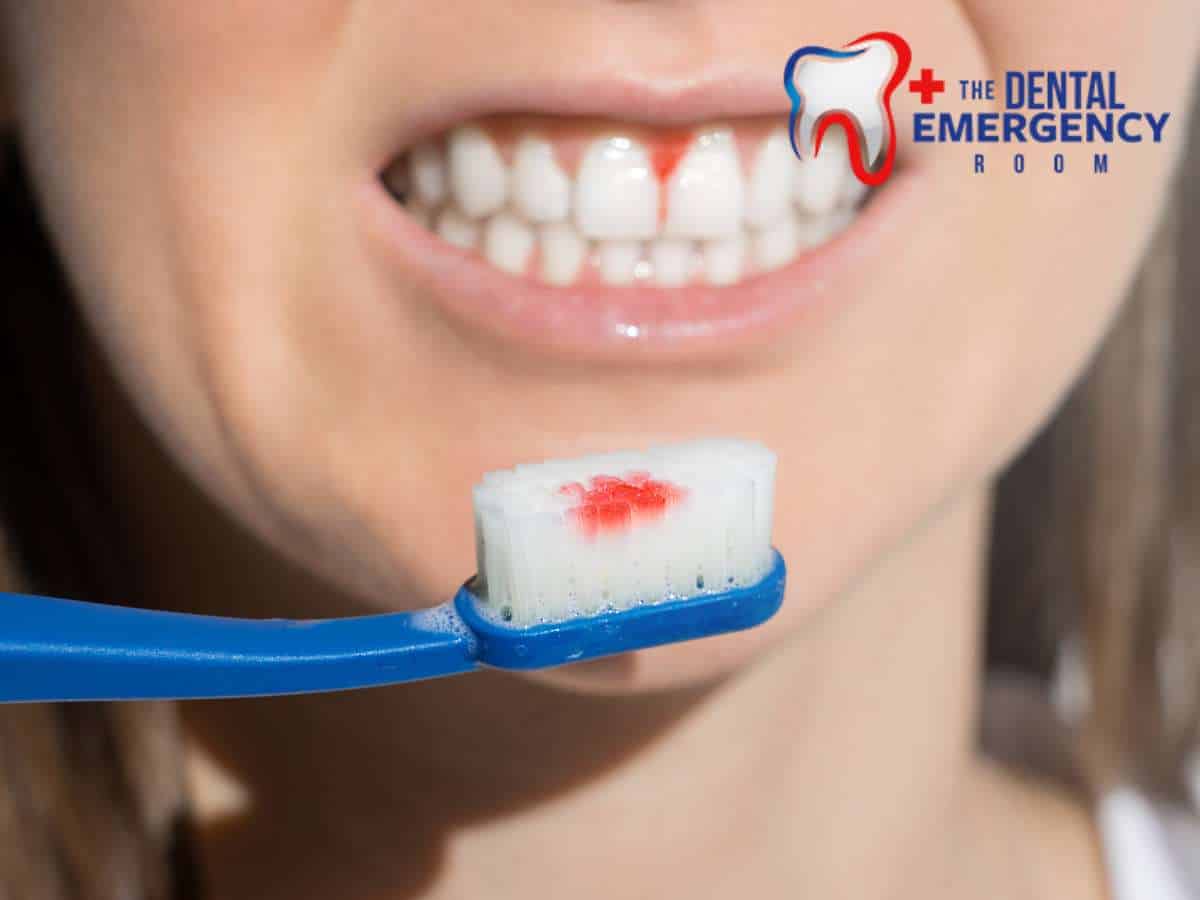
- Gum Disease: A prevalent catalyst for bleeding gums is gum disease, scientifically known as periodontal disease. This condition manifests when plaque, a tenacious film of bacteria, accumulates on teeth and gums. Negligence in its removal through regular brushing and flossing can incite gum irritation, fostering inflammation and bleeding.
- Aggressive Brushing: Another discernible cause of bleeding gums is the act of aggressive brushing or employing a toothbrush with unyielding bristles. Forceful brushing can inflict damage upon the delicate gum tissue, precipitating bleeding. Emphasizing gentleness during brushing, utilizing a soft-bristle toothbrush, and applying measured pressure are imperative practices.
- Pregnancy Hormones: Hormonal fluctuations during pregnancy can engender heightened sensitivity in gums, rendering them more prone to bleeding. This phenomenon, recognized as pregnancy gingivitis, typically abates following childbirth. Acknowledging and managing such hormonal shifts is pivotal in addressing associated oral health concerns.
- Medication-Induced: Certain medications, specifically blood thinners, augment the vulnerability of gums to bleeding. By impeding the blood’s clotting mechanism, these medications heighten the propensity for gum bleeding. Individuals prescribed such medications must exercise heightened vigilance and consult with healthcare professionals for tailored guidance.
- Nutritional Deficiencies: Insufficient nutrition stands as a discernible contributor to bleeding gums. In particular, the absence of vital vitamins and minerals, notably vitamin C, weakens gum resilience, rendering them more susceptible to bleeding. Cultivating a well-balanced diet enriched with essential nutrients is imperative in fortifying gum health.
- Tobacco Consumption: A noteworthy risk factor for gum disease, smoking significantly contributes to gum bleeding. The deleterious effects of smoking extend to weakening the immune system and diminishing blood flow to the gums, impeding their capacity to heal and fend off infections. Abstinence from smoking is integral in preserving optimal gum health.
Understanding the intricacies of the causes behind bleeding gums serves as a cornerstone for implementing preventive measures and seeking appropriate treatment. This awareness empowers individuals to proactively safeguard their oral health, fostering a commitment to practices that mitigate the risk of gum bleeding.
How To Stop Gum Bleeding: Proven Treatment Methods
Addressing bleeding gums promptly is crucial to prevent the progression of oral health issues. Effective treatments focus on resolving the underlying causes and promoting gum health.
- Professional Dental Cleaning: Regular dental cleanings performed by a dental hygienist are essential for removing plaque and tartar buildup. This helps prevent and treat gingivitis, reducing the likelihood of bleeding gums.
- Scaling & Root Planing: For cases of advanced gum disease, scaling, and root planing may be recommended. This deep cleaning procedure involves removing plaque and tartar from below the gumline and smoothing the tooth roots to promote gum healing.
- Antibacterial Mouthwash: Incorporating an antibacterial mouthwash into the oral care routine can help control bacterial growth and reduce inflammation. Consultation with a dentist can guide the selection of an appropriate mouthwash for individual needs.
- Topical Treatments: Dentists may recommend topical treatments, such as antimicrobial gels or antibiotics, to target specific areas of concern. These treatments aim to eliminate bacteria and promote gum healing.
Top Tips To Prevent Gum Bleeding & Ensure Healthy Gums
Preventing bleeding gums involves adopting a holistic approach to oral care and addressing contributing factors.
- Optimal Oral Hygiene: Brushing teeth twice a day and flossing daily are foundational to maintaining oral health. Using a soft-bristled toothbrush and gentle, circular motions can help avoid gum irritation.
- Regular Dental Check-Ups: Scheduling routine dental check-ups allows for early detection of potential issues and prompt intervention. A dentist can assess gum health, provide professional cleanings, and offer personalized advice on maintaining oral hygiene.
- Balanced Diet: A diet rich in vitamins and minerals is essential for overall health, including gum health. Vitamins C and K play vital roles in gum health, so incorporating fruits, vegetables, and leafy greens into the diet is beneficial.
- Hydration: Staying well-hydrated promotes saliva production, which helps cleanse the mouth and neutralize acids. Adequate saliva flow contributes to a healthier oral environment.
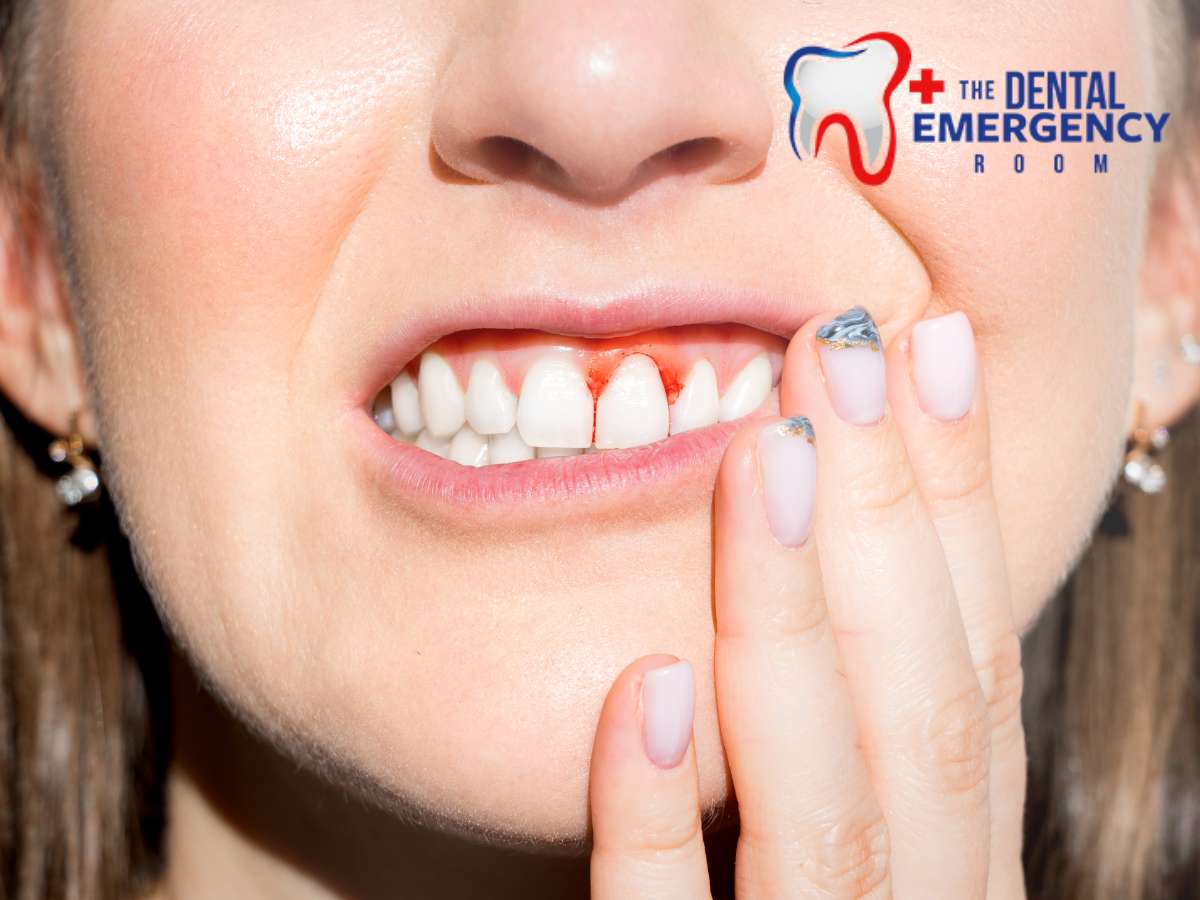
Emergency Dental Care: What To Do When You Have Urgent Gum Issues
In some instances, bleeding gums may be accompanied by dental emergencies, such as broken teeth or the need for a root canal. Understanding the role of emergency dentistry is crucial for addressing urgent dental concerns promptly.
- Emergency Dental Clinic: Dental emergencies can occur unexpectedly, and having access to an emergency dental clinic is vital. These clinics are equipped to handle urgent issues, providing timely care when needed.
- Dental Emergency Room: For severe dental emergencies, such as trauma resulting in broken teeth, seeking care at a dental emergency room may be necessary. Prompt attention can minimize damage and alleviate pain.
The Importance Of Oral Health: How Healthy Gums Influence Overall Wellness
Bleeding gums should not be dismissed as a minor inconvenience; they often serve as a warning sign of underlying oral health issues. By understanding the causes, seeking effective treatments, and implementing preventive measures, individuals can maintain optimal gum health.
Should you encounter distress related to bleeding gums or harbor uncertainties about your oral well-being, it is imperative to act promptly. The Dental Emergency Room is committed to alleviating your discomfort and facilitating a swift path to a robust and pain-free oral state. Do not permit dental concerns to impede your well-being – contact us without delay and embark on the initial stride toward fostering a self-assured and comfortable smile!

Dental Emergency Room
1935 Drew Street,
Clearwater, Florida 33765
Columbus, OH 43205
Phone: 727-449-2424


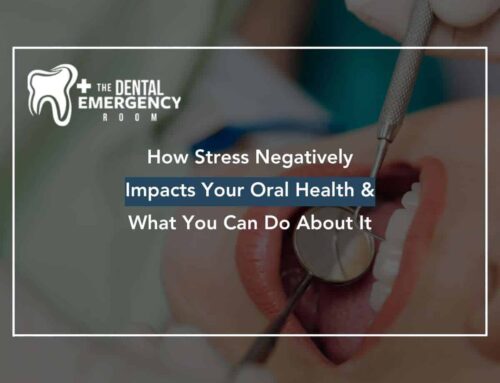
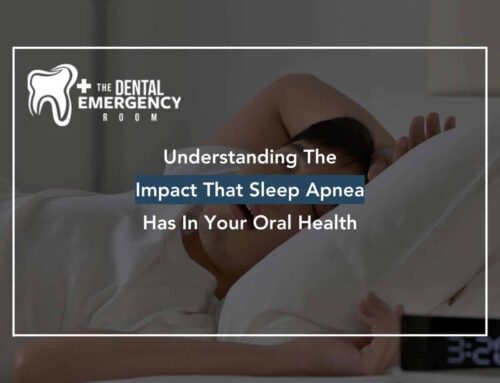

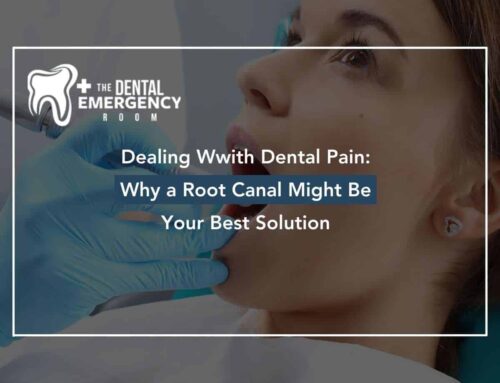
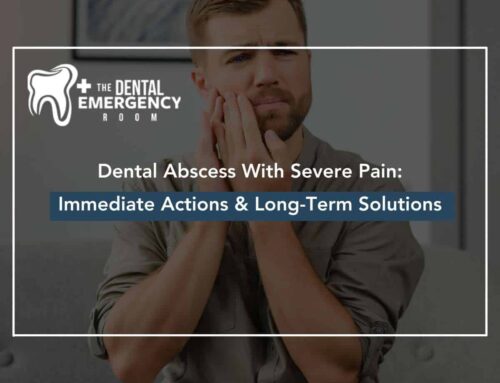

Leave A Comment